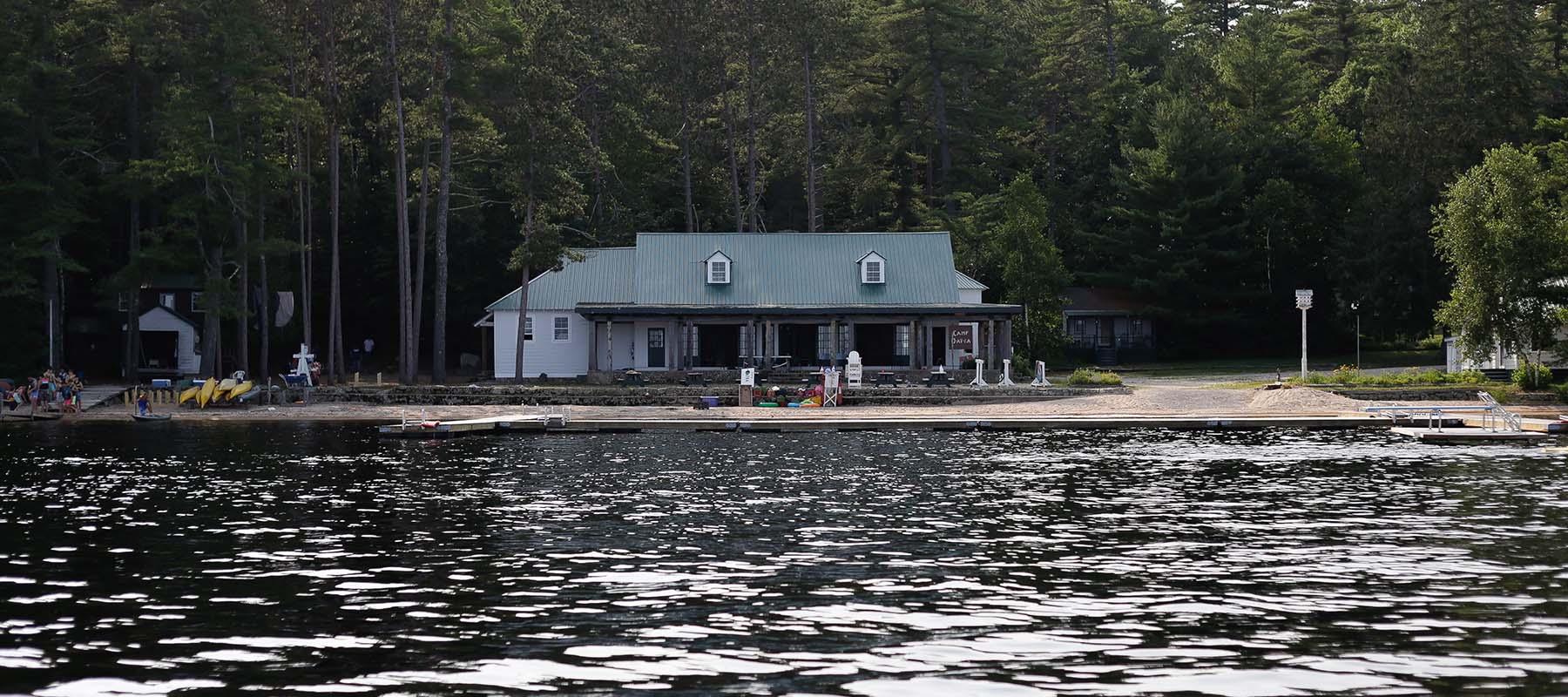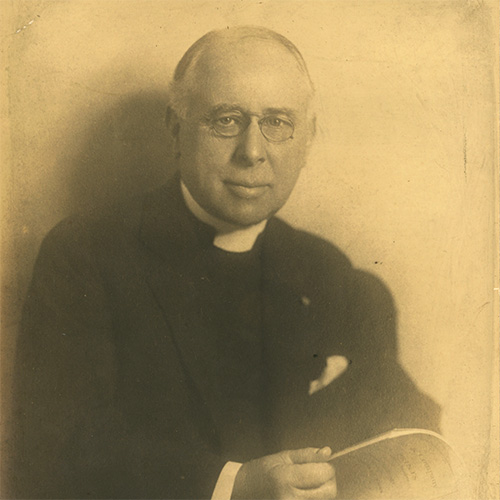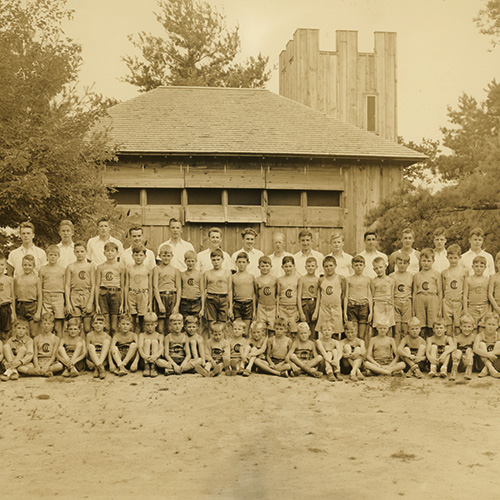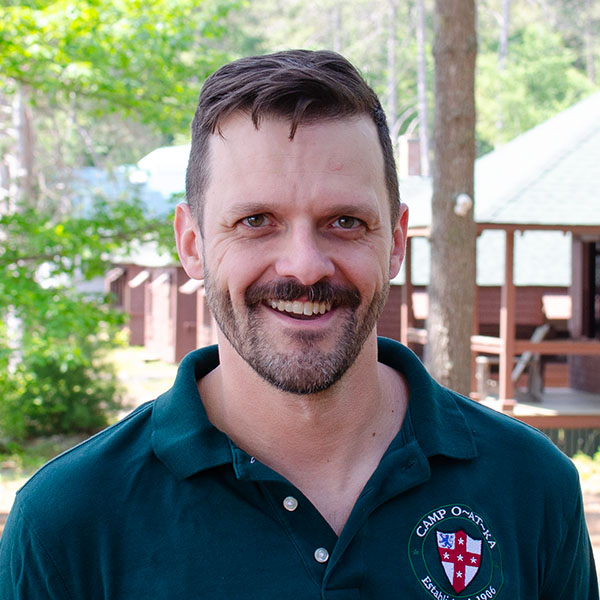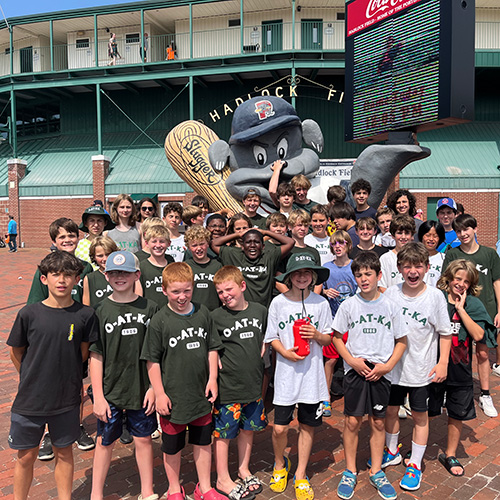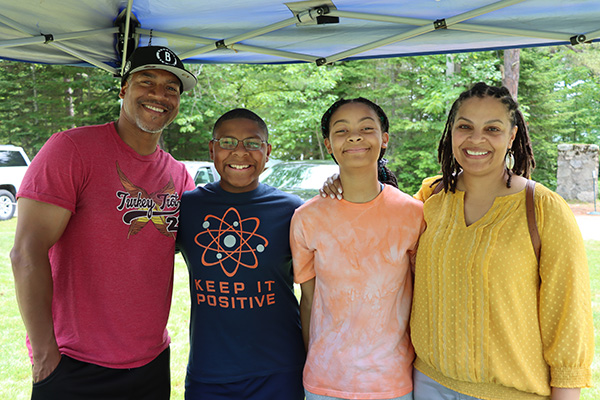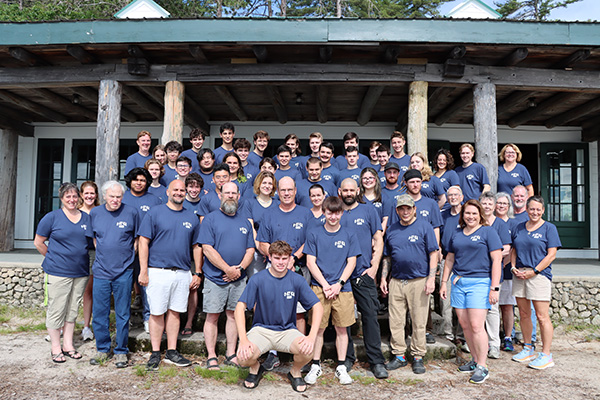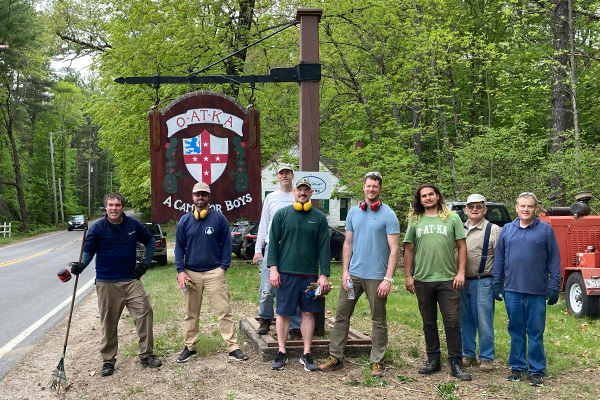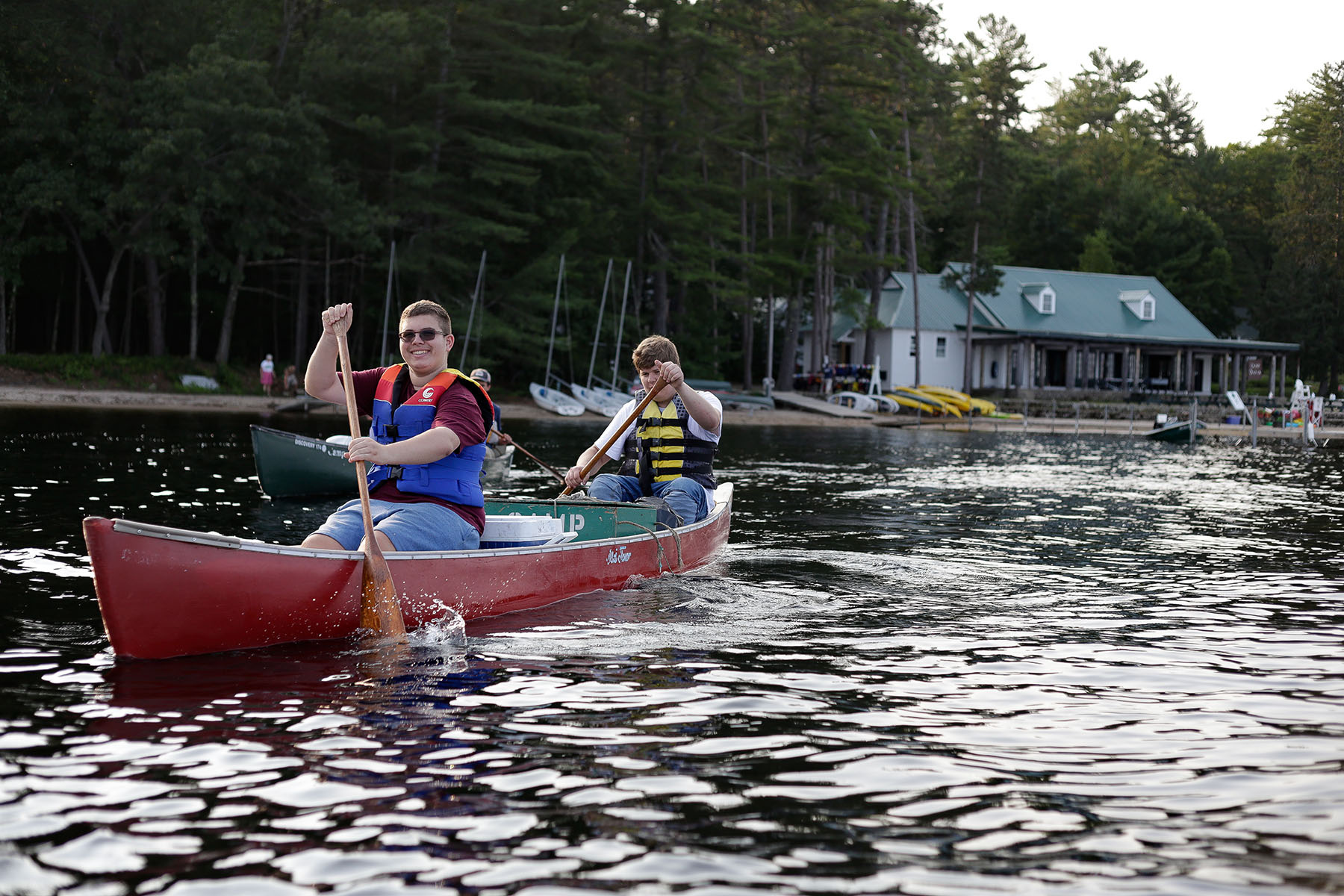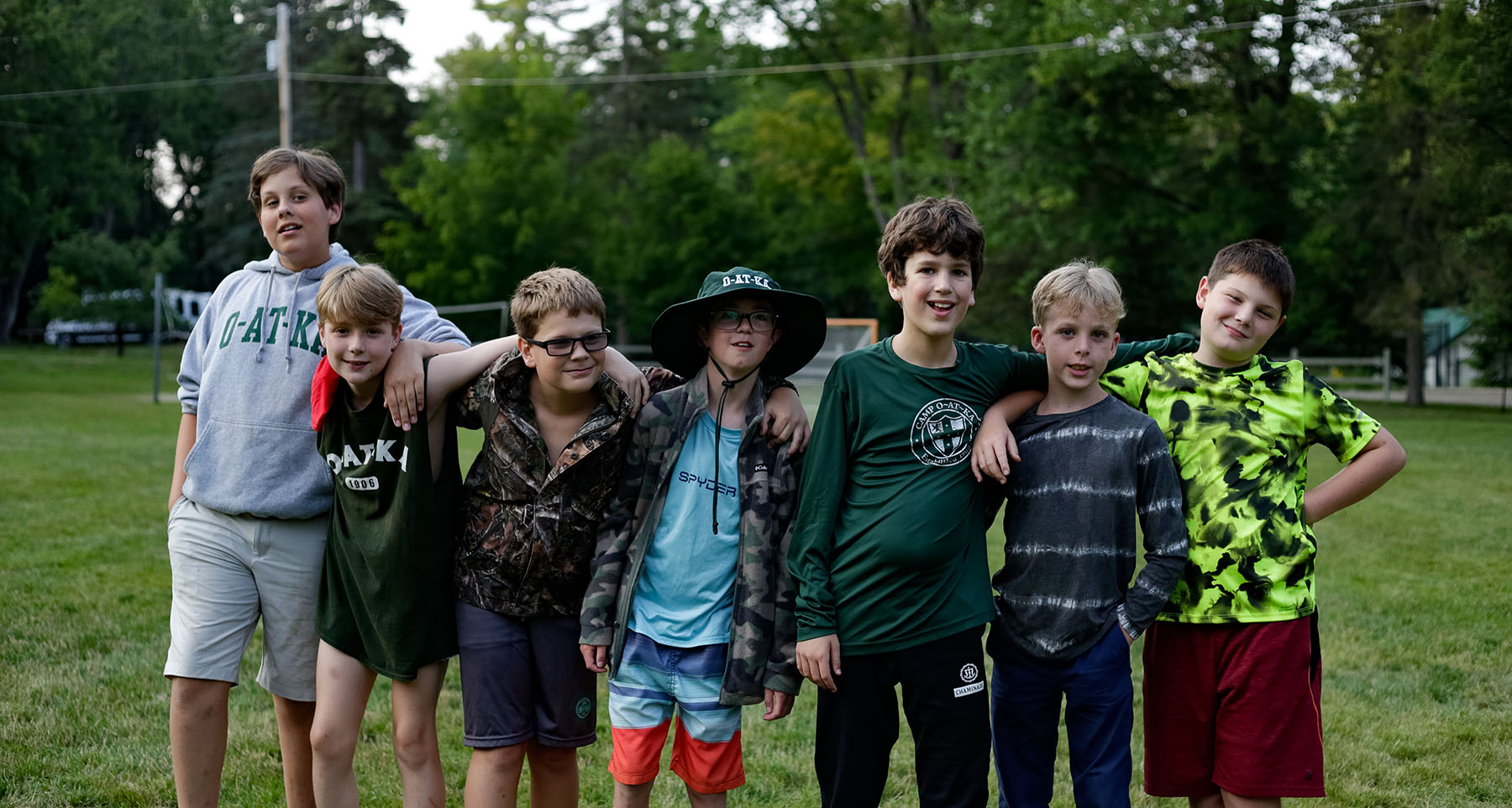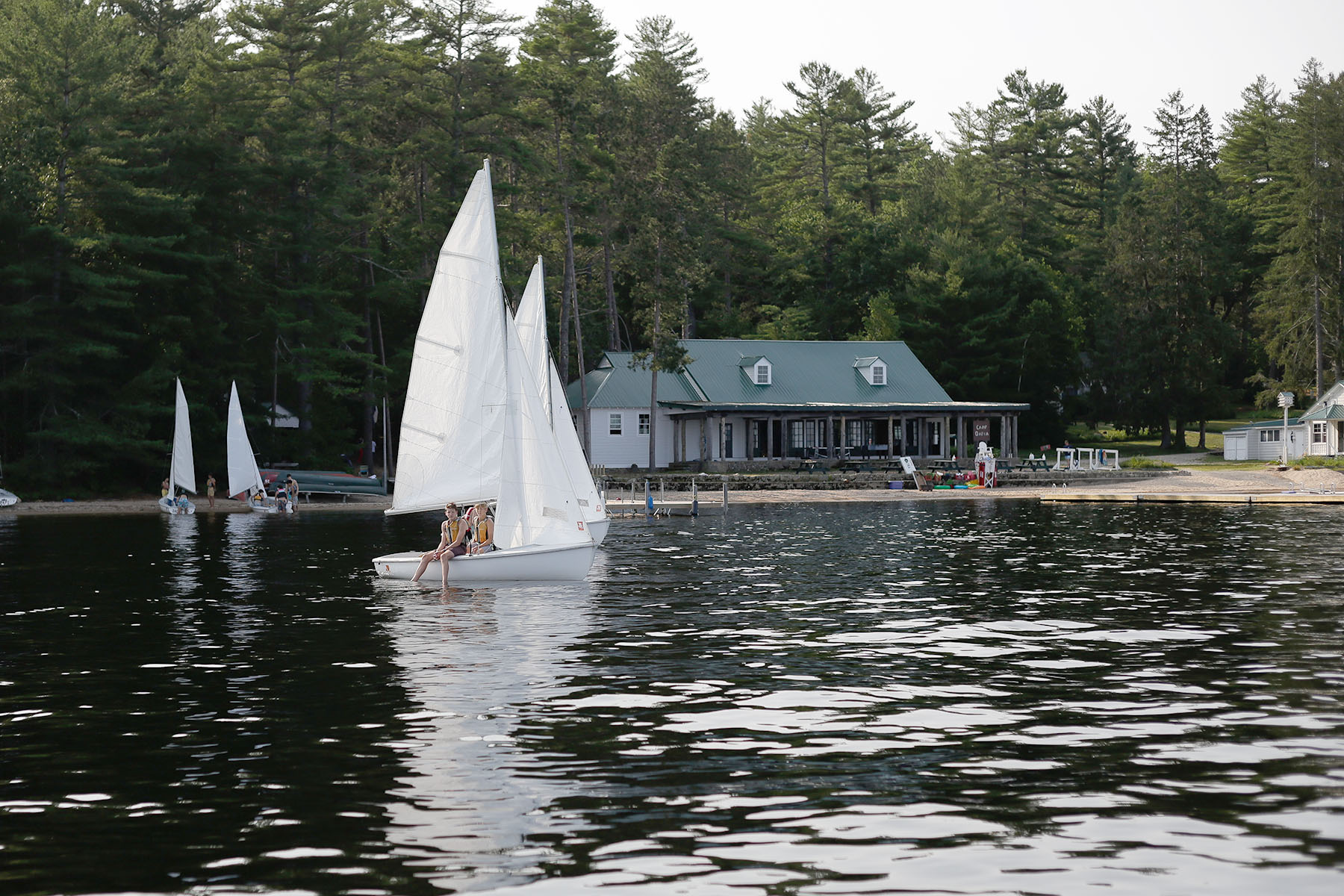Founded in 1906, is a traditional camp for boys located on the sandy shores of Sebago Lake in Southern Maine. With safety being a main priority, boys come to O-AT-KA to explore new interests and gain skills in their crafts. As O-AT-KA evolves throughout history, the mission of building boys into self-assured men of character and virtue remains steadfast. Boys have a safe environment to gain independence and resilience while having fun and making lifelong friends from all over the world. Campers and staff are immersed into a supportive, unplugged environment with robust art, land and water sports and wilderness trip programs. Sessions run from two to seven weeks.
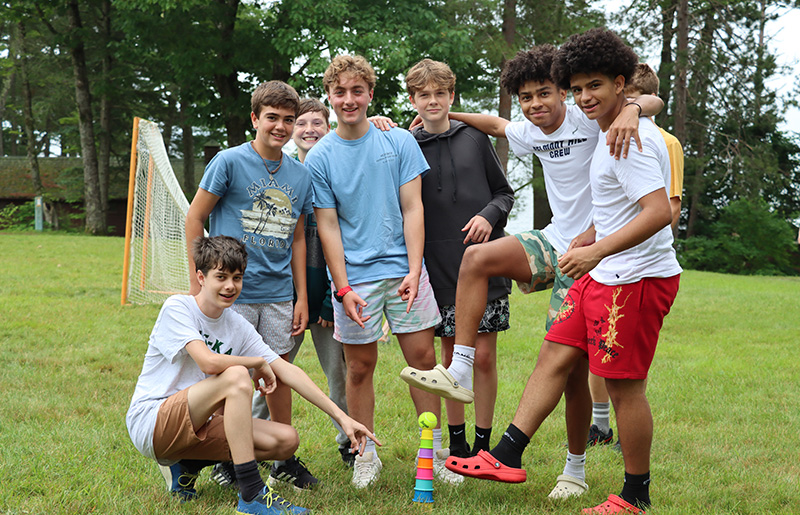
Explore all Camp O-AT-KA offers – life at camp, a typical day, activities, the Galahad character development program, staff, and more.
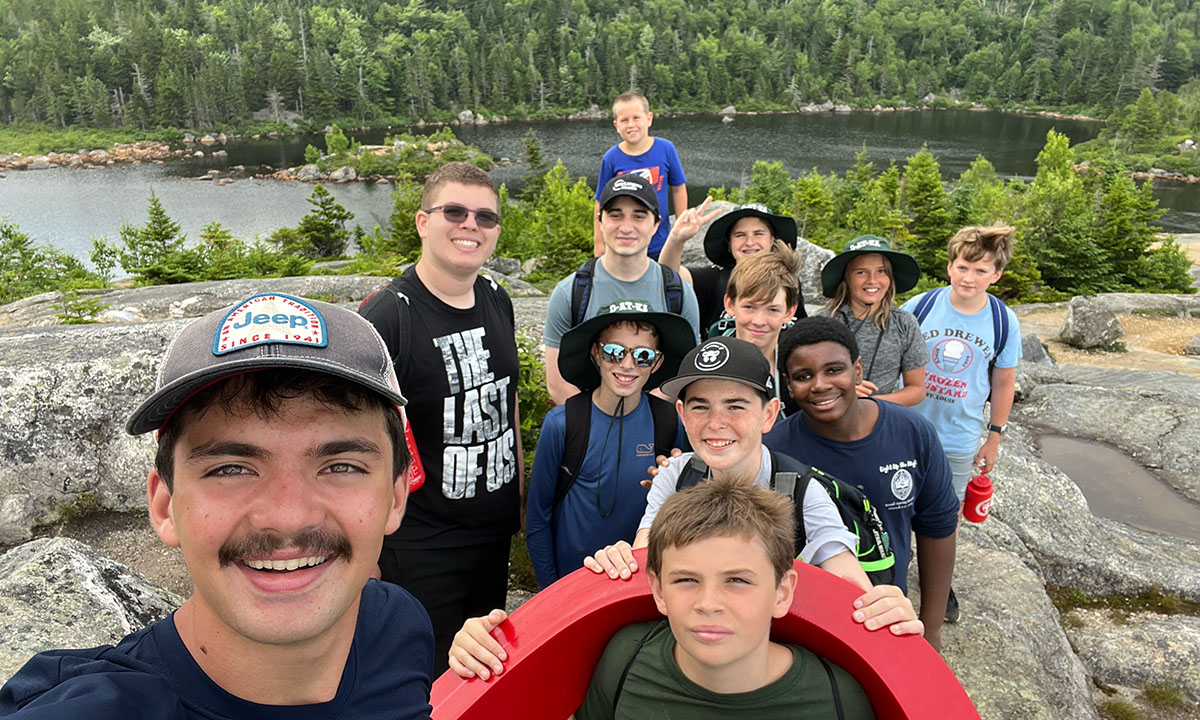
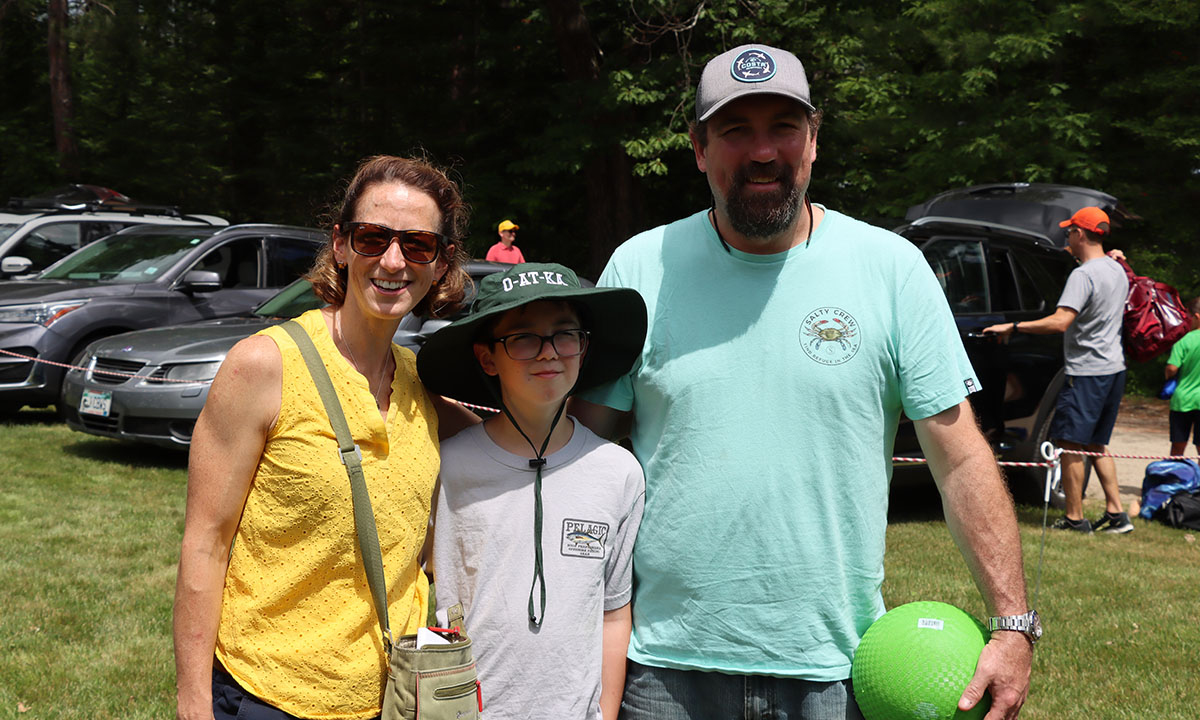
Camp O-AT-KA offers an assortment of start and end dates to provide the program best suited to your son. If you’d like to know more about the various programs, and advantages of the full-summer program, contact us or click the button to learn more.
Thousands of boys have enjoyed Camp O-AT-KA and we carry on the spirit and traditions of over a century of campers.
Our camp was founded in 1906 by Rev. Ernest Joseph Dennen, an Episcopal minister from Lynn, Massachusetts.
The founding principles and mission of O-AT-KA to “build boys instead of mend men” still remains true today. Lifelong friendships are established and camp is a perfect place for boys to grow into self-assured young men.
